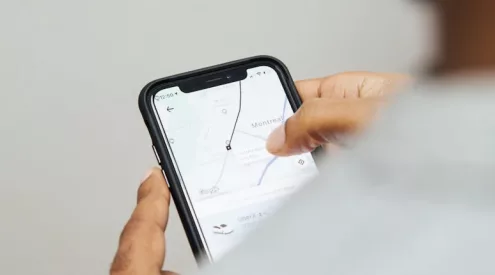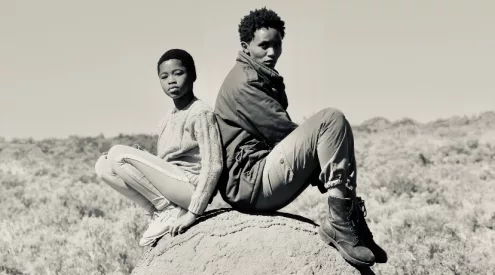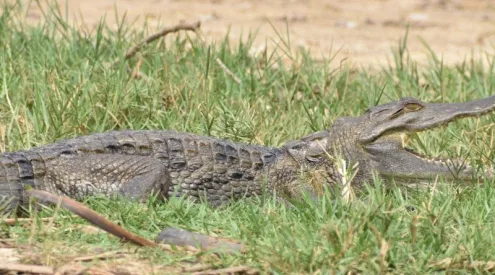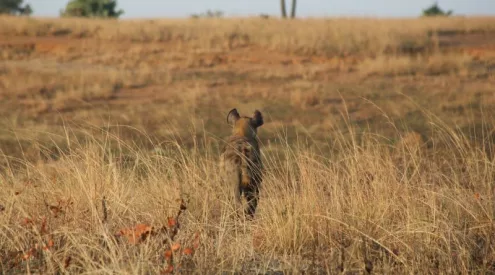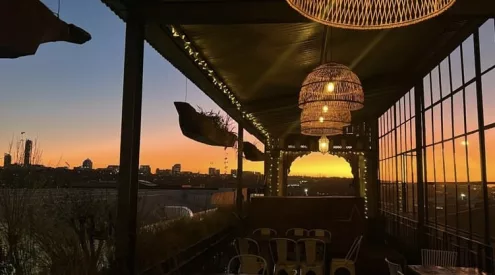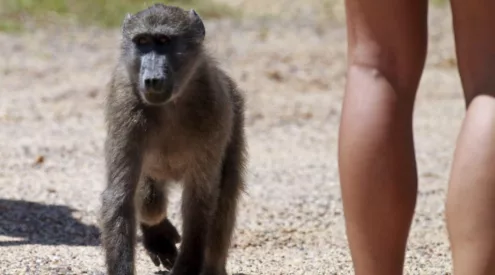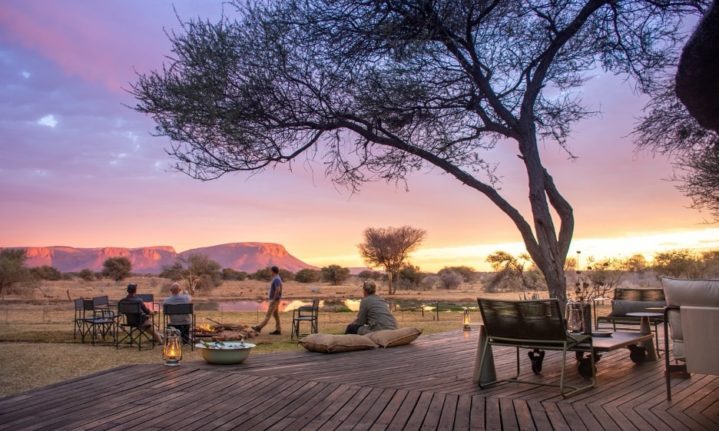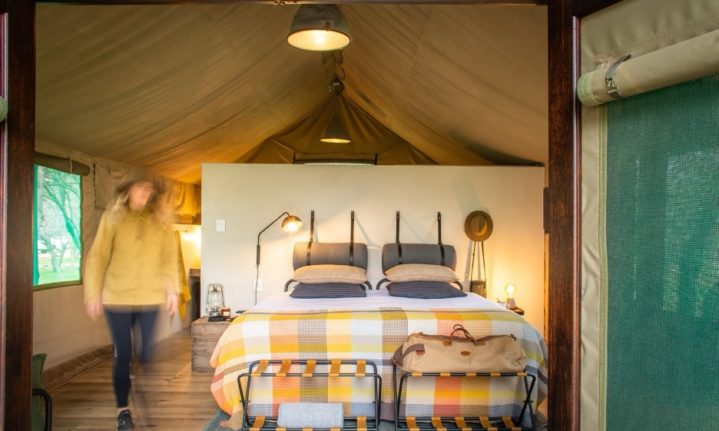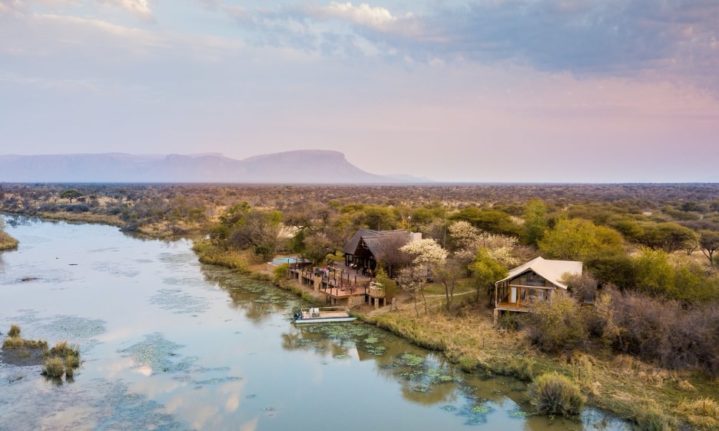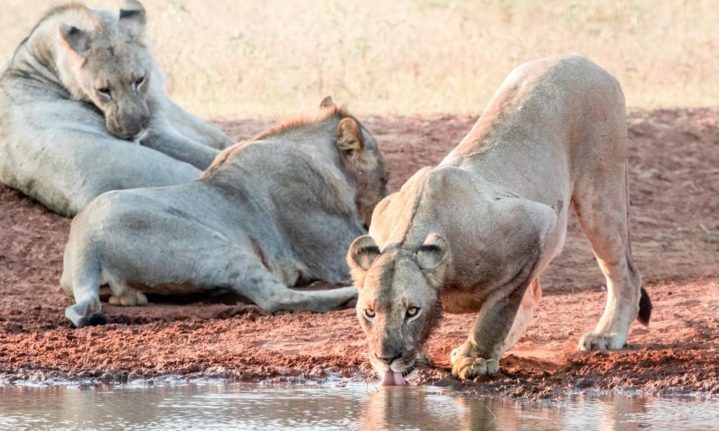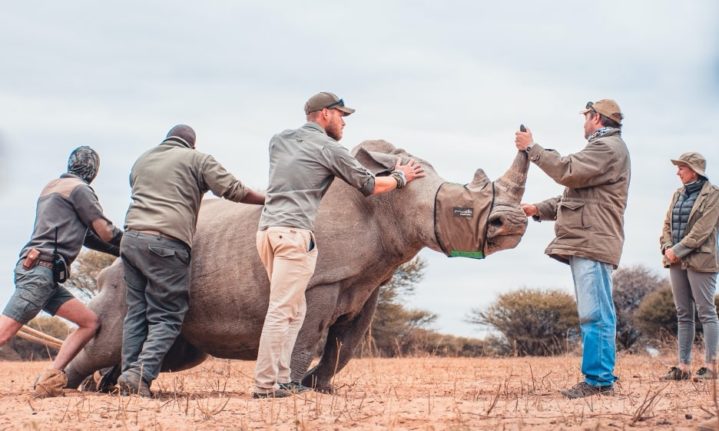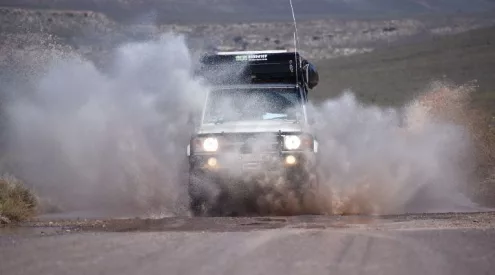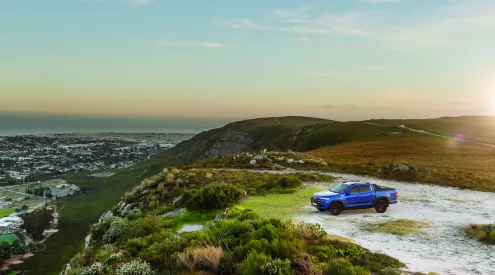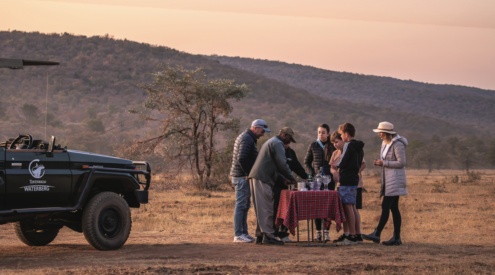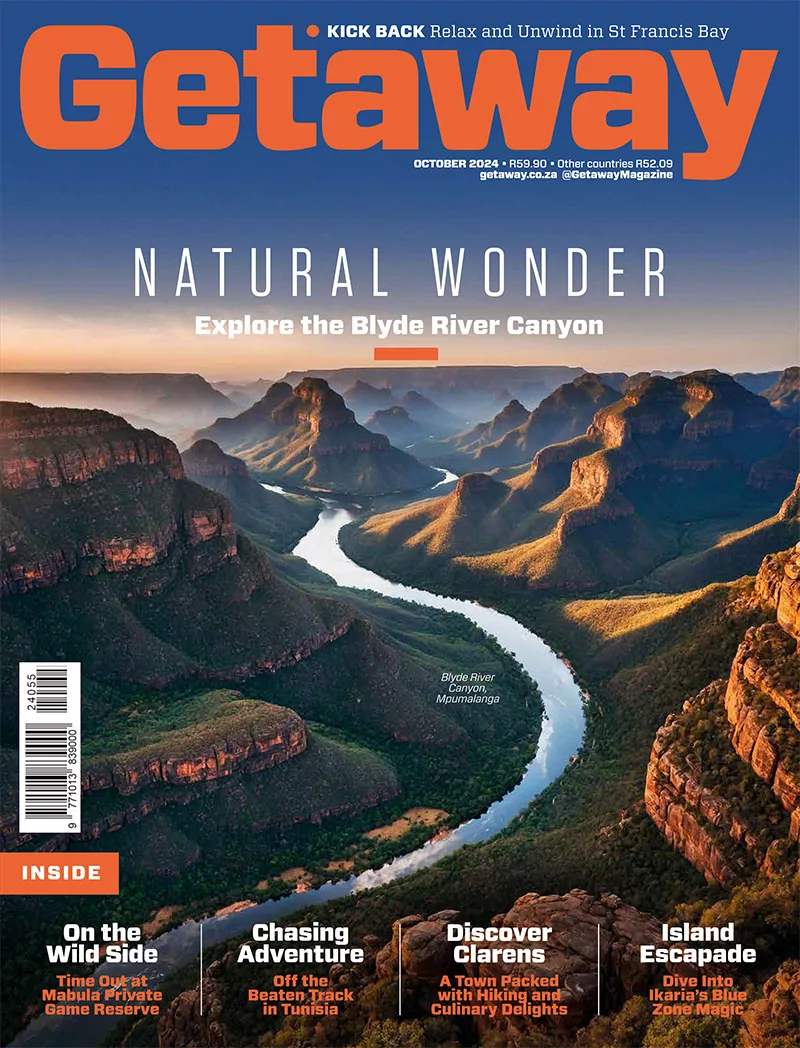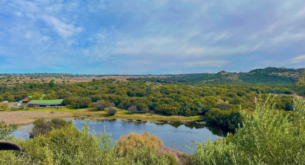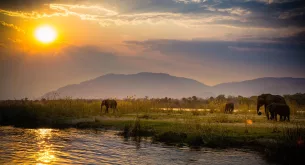A new conservation-focused safari experience has opened in the Waterberg. Martaba Conservation Camp will allow guests to experience a hands-on approach to wildlife management and ecological conservation. This essentially creates a travel experience with a purpose.
In a post COVID-19 world, the way people travel will be changed forever and this reimagining of the traditional bush experience offers guests the opportunity to be part of the future of conservation.
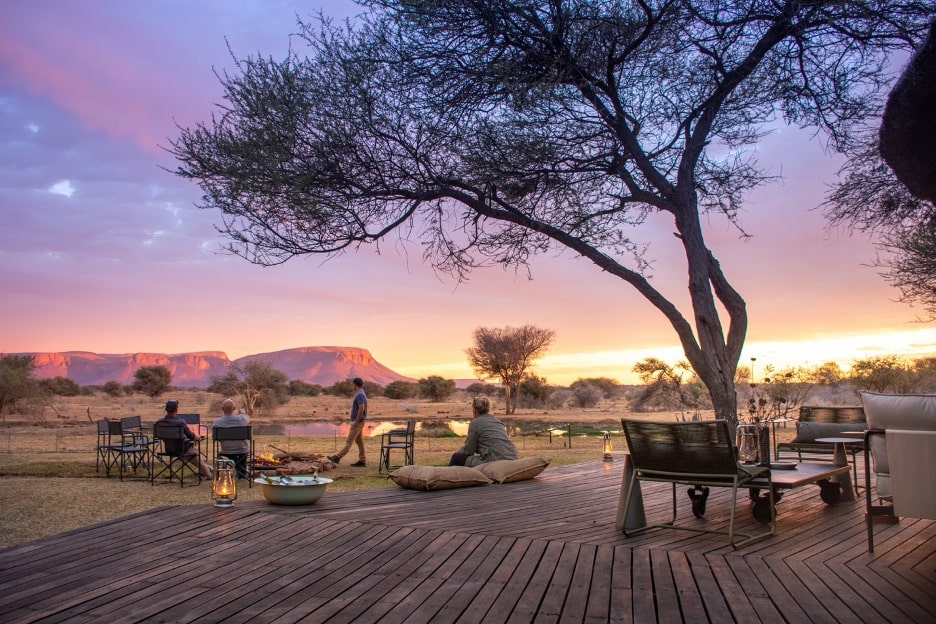 Founders Camp and Explorers Camp are both located in Marataba Contractual National Park, a privately managed section of the Marakele National Park. To encourage a full tailor-made stay, Founders can be booked on an exclusive-use basis and Explorers on a semi-exclusive basis. Every booking is allocated a private conservation guide and vehicle, allowing for maximum flexibility, and experiences can be chosen on a ‘mix and match’ basis. This gives guests the rare freedom to delve into what they are passionate about and experience a holistic journey through the area.
Founders Camp and Explorers Camp are both located in Marataba Contractual National Park, a privately managed section of the Marakele National Park. To encourage a full tailor-made stay, Founders can be booked on an exclusive-use basis and Explorers on a semi-exclusive basis. Every booking is allocated a private conservation guide and vehicle, allowing for maximum flexibility, and experiences can be chosen on a ‘mix and match’ basis. This gives guests the rare freedom to delve into what they are passionate about and experience a holistic journey through the area.
Read: Waterberg trip planner
Founders Camp sits on the Matlabas River and is comprised of four individual suites. The main area and each of the rooms has an expansive deck, offering magnificent views up the river to the iconic mountains. Booked in its entirety on an exclusive-use basis, the goal was to create an elegant family home in the heart of the bush. The furniture is a fusion of old and new: refurbished, antique wood coffee tables and traditional African bowls sit alongside contemporary light fittings and modern textiles. The colour palette is an earthy mix of charcoal and terracotta, with shades of blue and teal, reminiscent of the river, and flashes of vibrant orange.
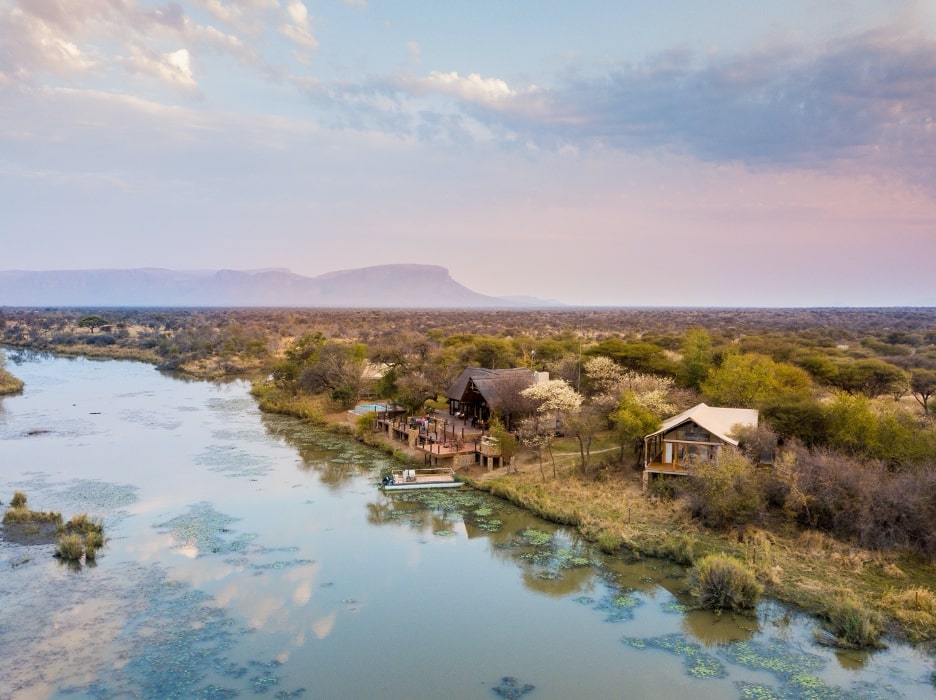
The river is home to numerous pods of hippos and, with no crocodiles, animals wade into the water to eat and drink. Sightings straight from Founders Camp include regular elephant crossings, kudus wading in the shallows, rhinos coming to drink and a wide variety of birds. There is a boat based at Founders Camp for water-based safari cruises on a 2km stretch of accessible river, also available to guests staying at Explorers Camp.
Explorers Camp is one of the original camps of Marataba and has been creatively upscaled to five double tents and one family tent. With a backdrop of the Waterberg Massif and an active waterhole right in front of camp, Explorers is known for the elephants that frequently stop in for fresh water, just metres from camp. The canvas tents sit on elevated wooden decks and can be made up either as king beds or twin beds. With plenty of metal details, wooden furniture and natural fabrics, the interiors are functional yet easy-going and organically chic, and encourage guests to kick off their shoes and embrace the lifestyle of Marataba. With two guides and vehicles, Explorers is booked on a semi-exclusive basis for 9 guests or less and an exclusive basis for 10 or more in one booking.
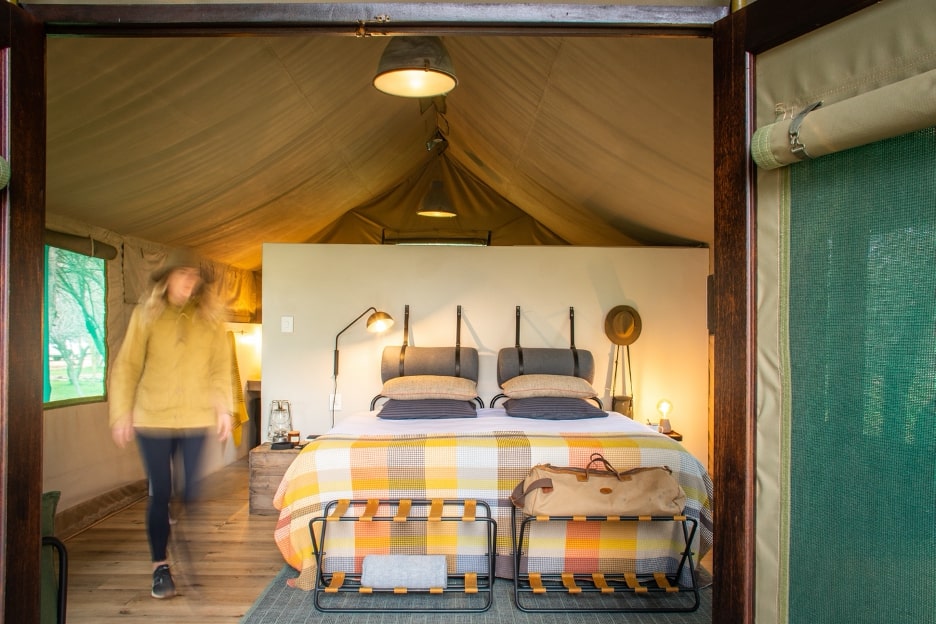
Meals at both camps are served al-fresco whenever possible, with breakfast enjoyed around the fire at sunrise and dinner served under the stars. Dining is family-style with generous platters filled with organic vegetables from the on-site kitchen garden the star of the show. Lunches are designed for maximum safari flexibility, and include alfresco feasts in camp, packed lunch boxes for all-day walks and drives, and delicious, on-the-go picnics between conservation activities.
Marataba’s story begins with Nelson Mandela, South Africa’s iconic president. At the dawn of the country’s democracy in 1994, it was clear that Mandela’s government needed to secure the protection of South Africa’s wild places. Marataba became a reality when 21,000 hectares of land was privately acquired and incorporated as a contractually managed section of the Marakele National Park. This innovative, Public Private Partnership (PPP) model of conservation allows the resources and expertise of both the public and private sectors to be pooled for efficient and sustainable management of the land. In the 25 years since Marataba’s inception, the model has been replicated across the continent.
Towering mountains, millions of years old, define the landscape, creating deep gorges and waterways, which contrast with wide open plains. Guests at Marataba Conservation Camps are encouraged to combine safari activities with conservation experiences, and there are chances to explore the incredible landscape on both day and night game drives and boat trips. Wild walks with a conservation guide are also available, and guests will navigate the epic mountains and dramatic gorges on foot, ending with a swim under a waterfall and a picnic lunch.
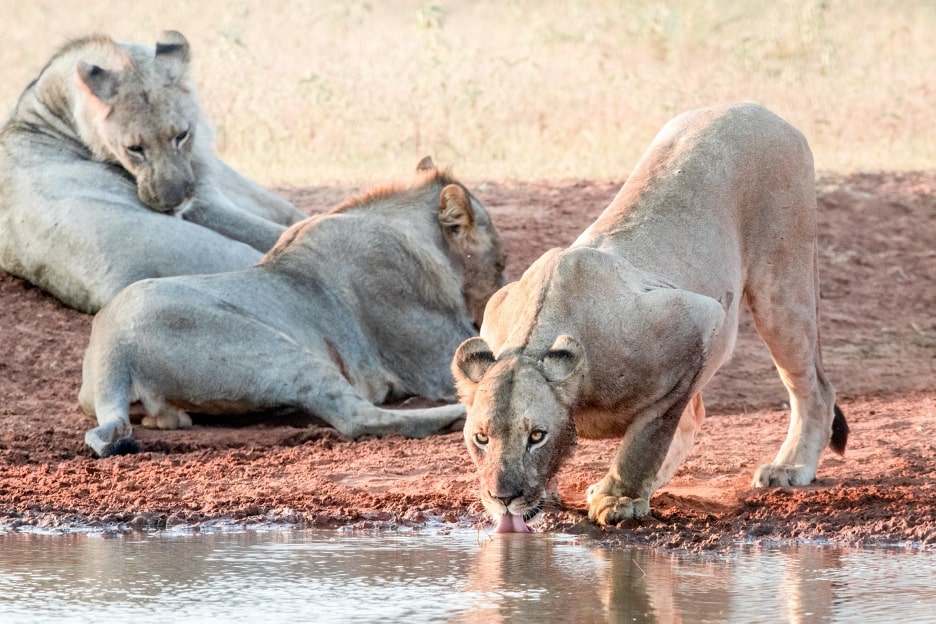
The main focus at Marataba Conservation Camps is, however, to get involved in the conservation activities that occur daily. Wildlife monitoring and management is a core function of Marataba’s conservation team and ensure an in-depth look and feel of what modern-day conservation is all about, from population control to ecological functions. Guests may also participate in telemetry tracking walks with cheetah, compilation of individual identikits for elephants and elephant impact assessments, the set up and monitoring of camera traps, transect walks for vegetation mapping and planting, and snare patrols. For those with a special interest in rhino, notching is an ongoing and important wildlife management intervention, and guests can join for a conservation contribution of R 52 000 per group.
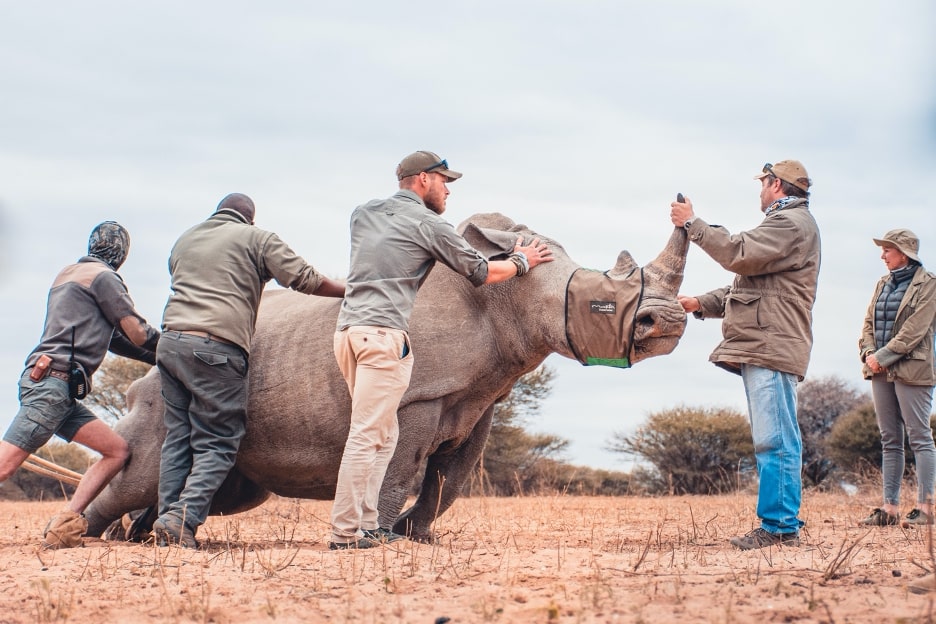
Rates at Explorers Camp start at R 10 720 per night for up to 4 guests, additional guests R 2 680 per person per night.
Rates at Founders Camp start at R 16 500 per night for up to 4 guests, additional guests R 4 125 per person per night. Rates include all meals, local drinks and safari experiences including conservation-focused activities, but exclude specialist mega fauna experiences i.e. rhino notching. Valid until 19th December 2020.
Every guest pays a R 750 conservation contribution per night. This money goes directly back to funding the conservation they experience as part of their stay. Marataba Conservation Camps are easily accessed from Johannesburg, either by road (3.5 hours) or private charter (45 minutes).
Images: Supplied


